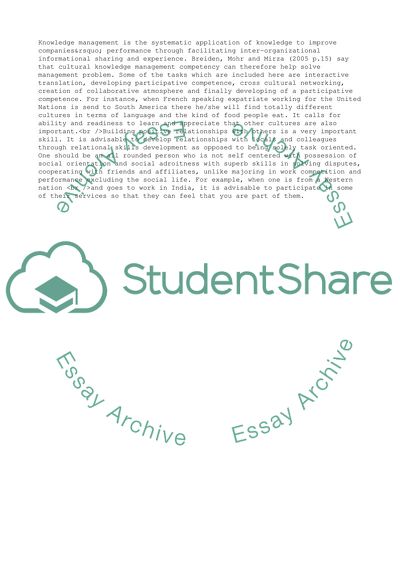Cite this document
(“Cross Cultural (Intercultural) Management Skills Essay”, n.d.)
Retrieved from https://studentshare.org/management/1600246-cross-cultural-intercultural-management-skills-and-competencies
Retrieved from https://studentshare.org/management/1600246-cross-cultural-intercultural-management-skills-and-competencies
(Cross Cultural (Intercultural) Management Skills Essay)
https://studentshare.org/management/1600246-cross-cultural-intercultural-management-skills-and-competencies.
https://studentshare.org/management/1600246-cross-cultural-intercultural-management-skills-and-competencies.
“Cross Cultural (Intercultural) Management Skills Essay”, n.d. https://studentshare.org/management/1600246-cross-cultural-intercultural-management-skills-and-competencies.


